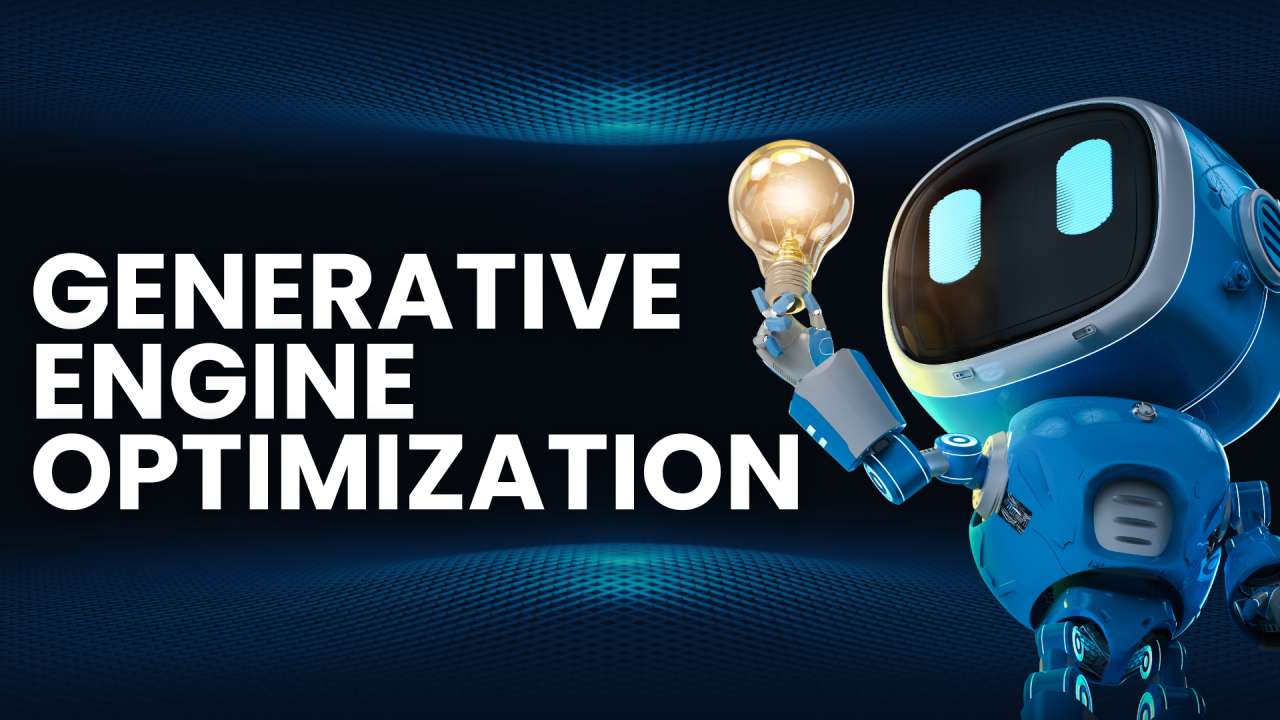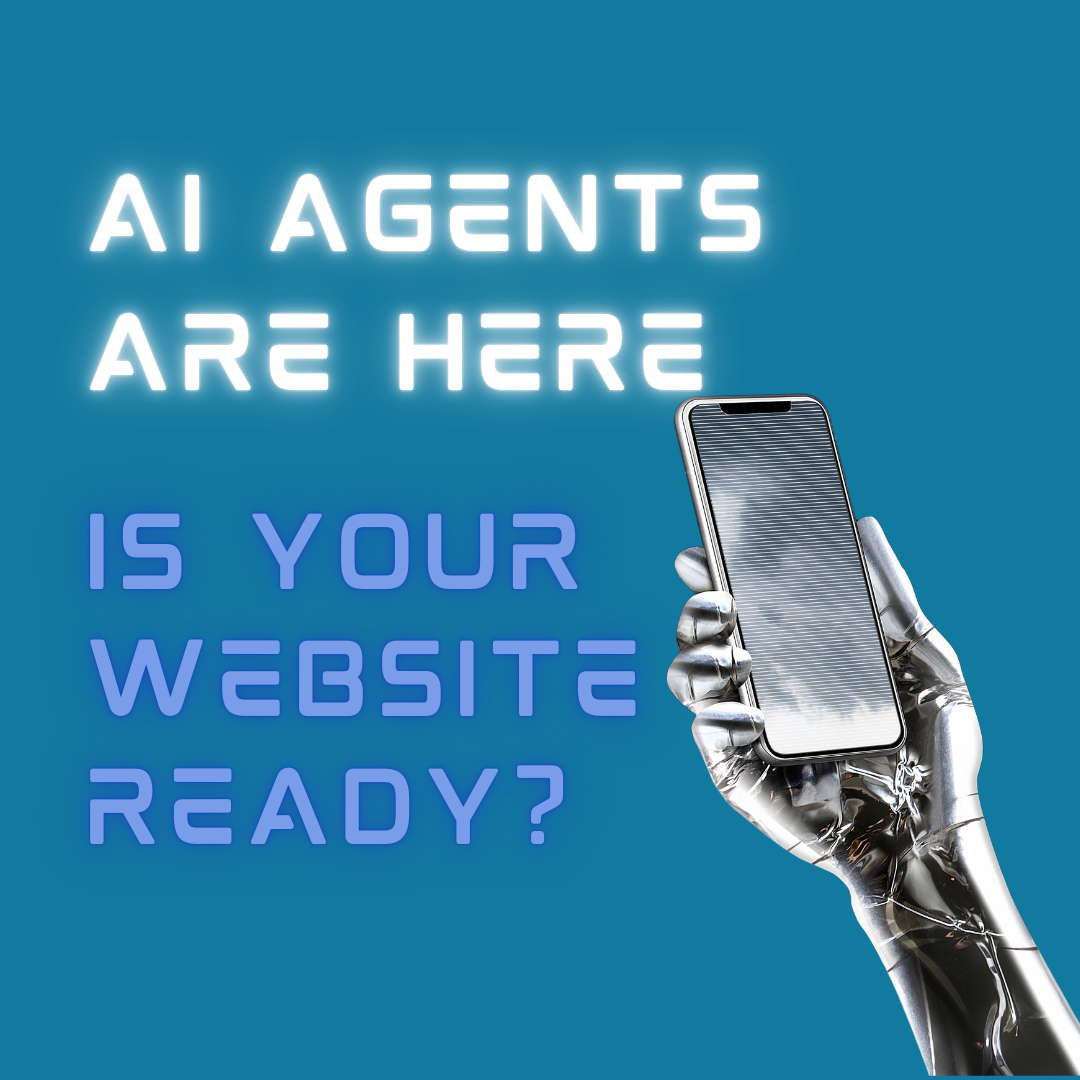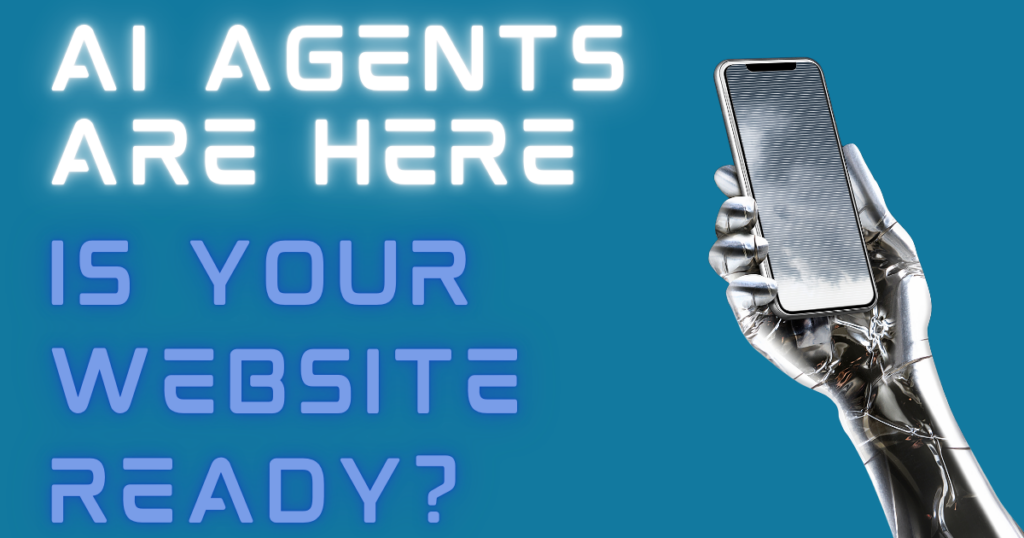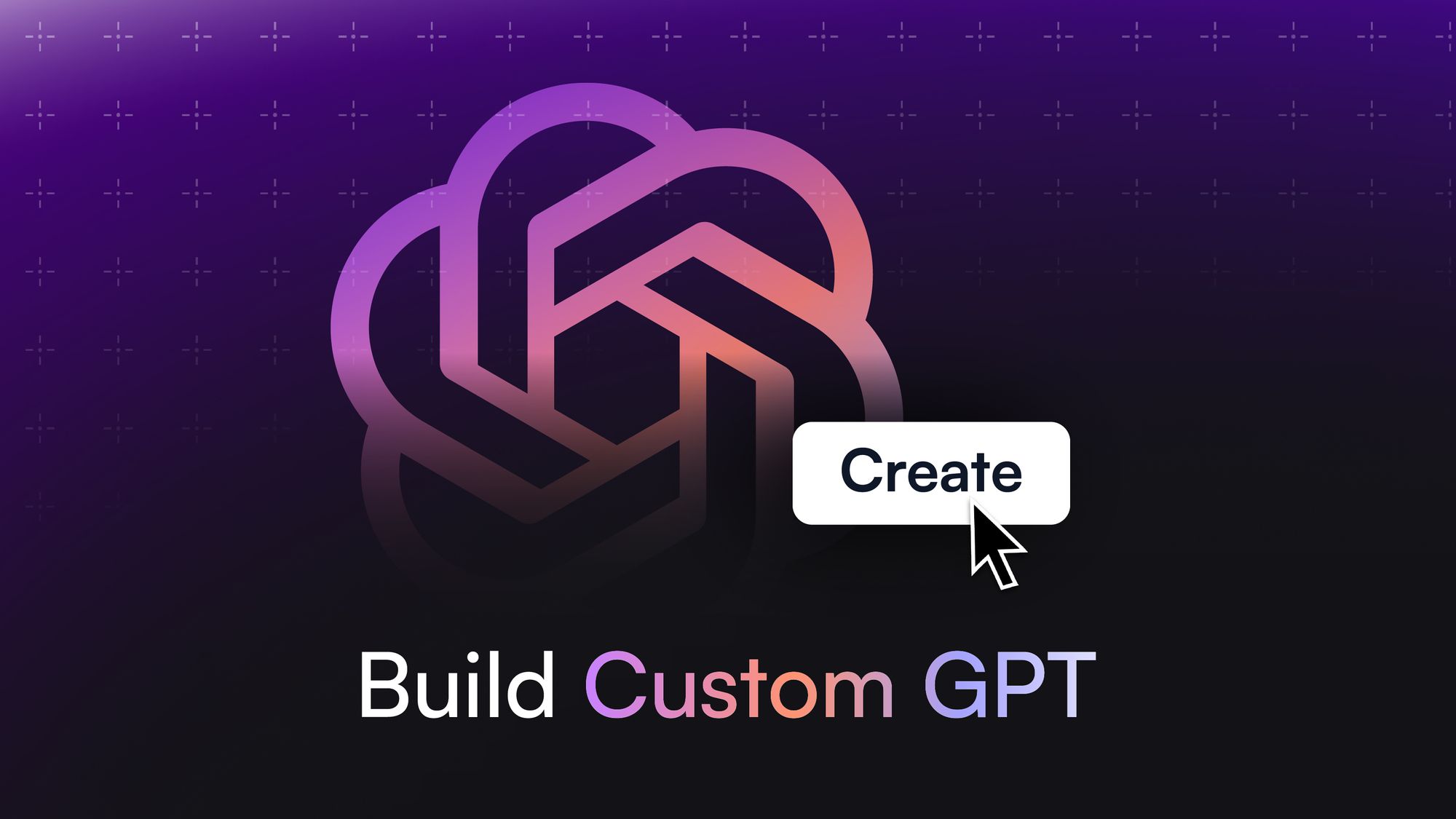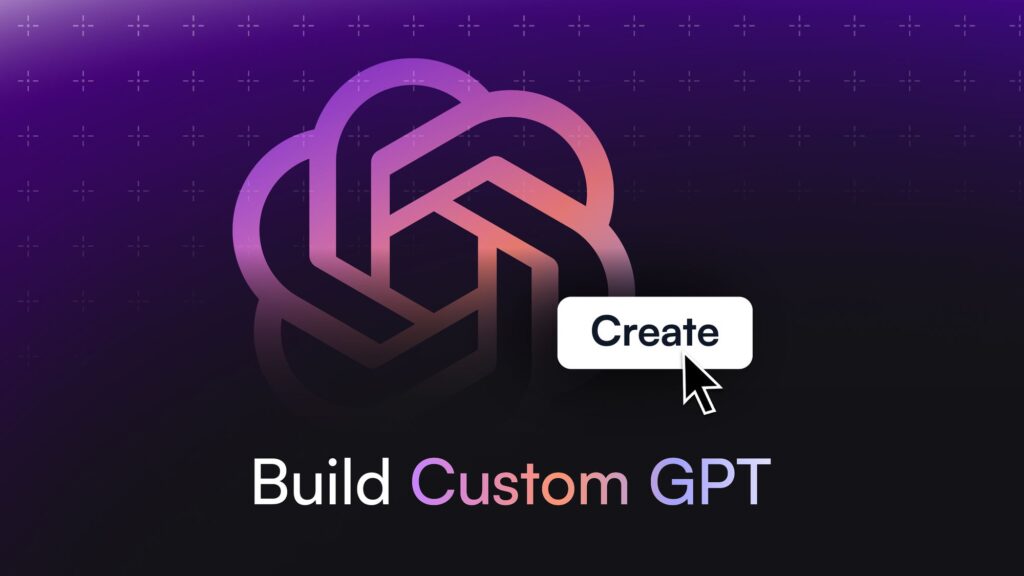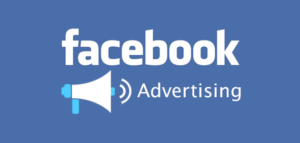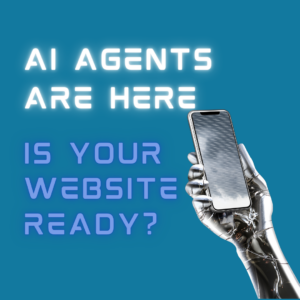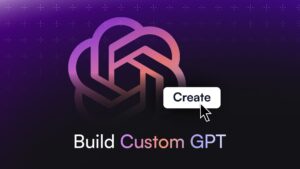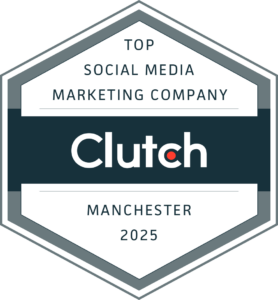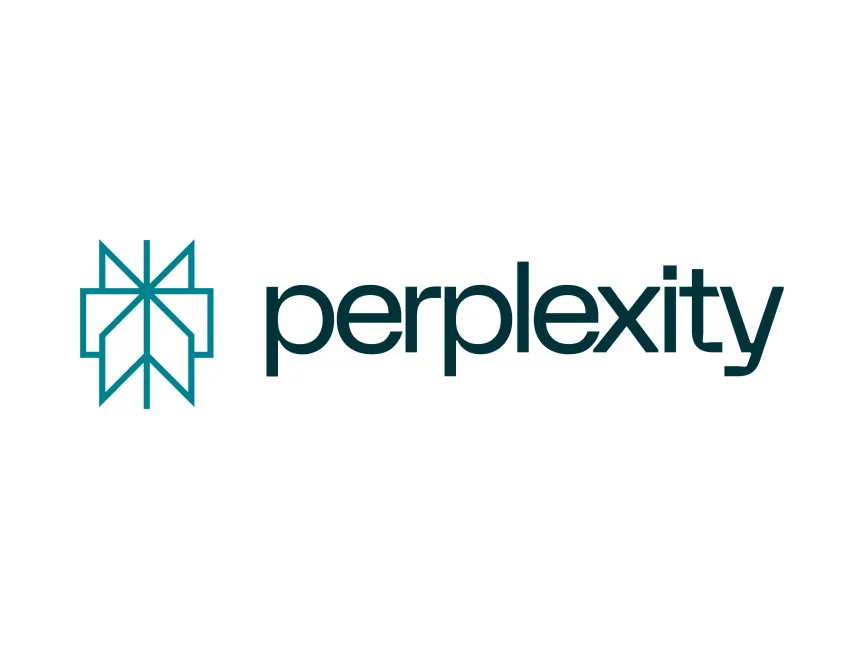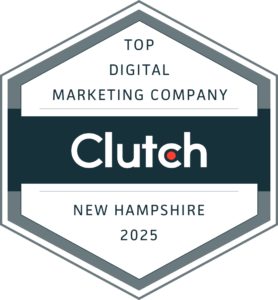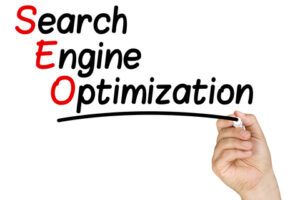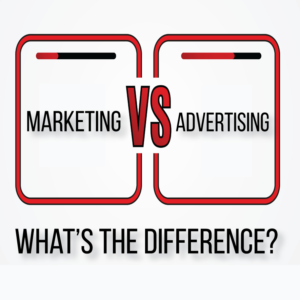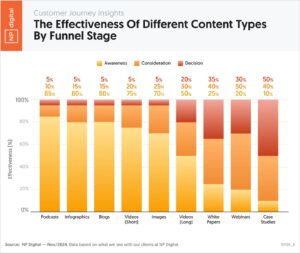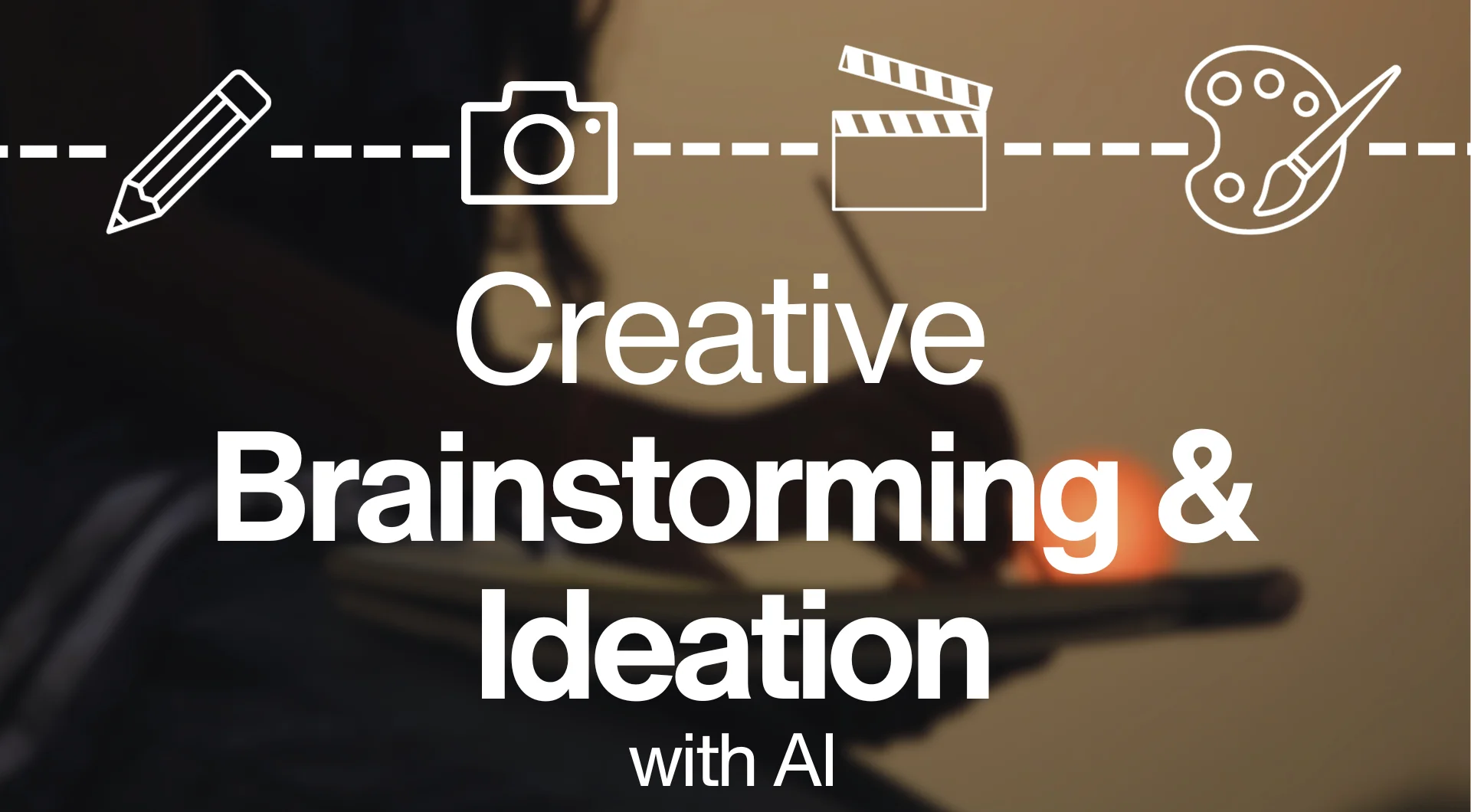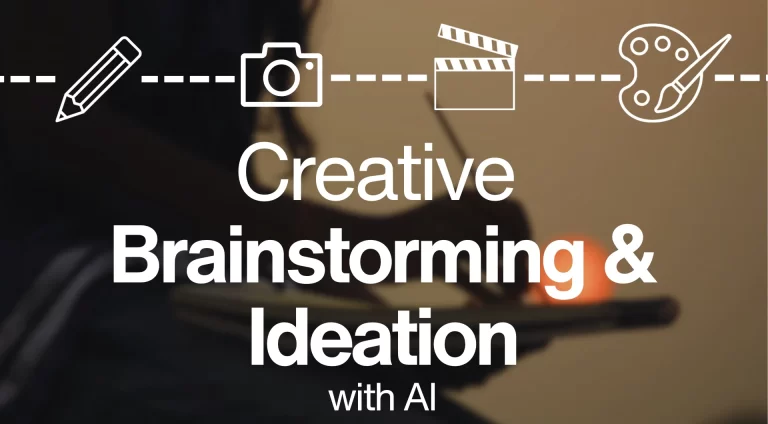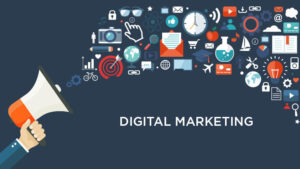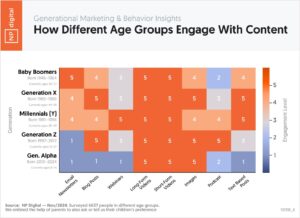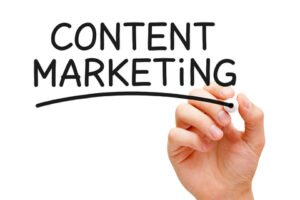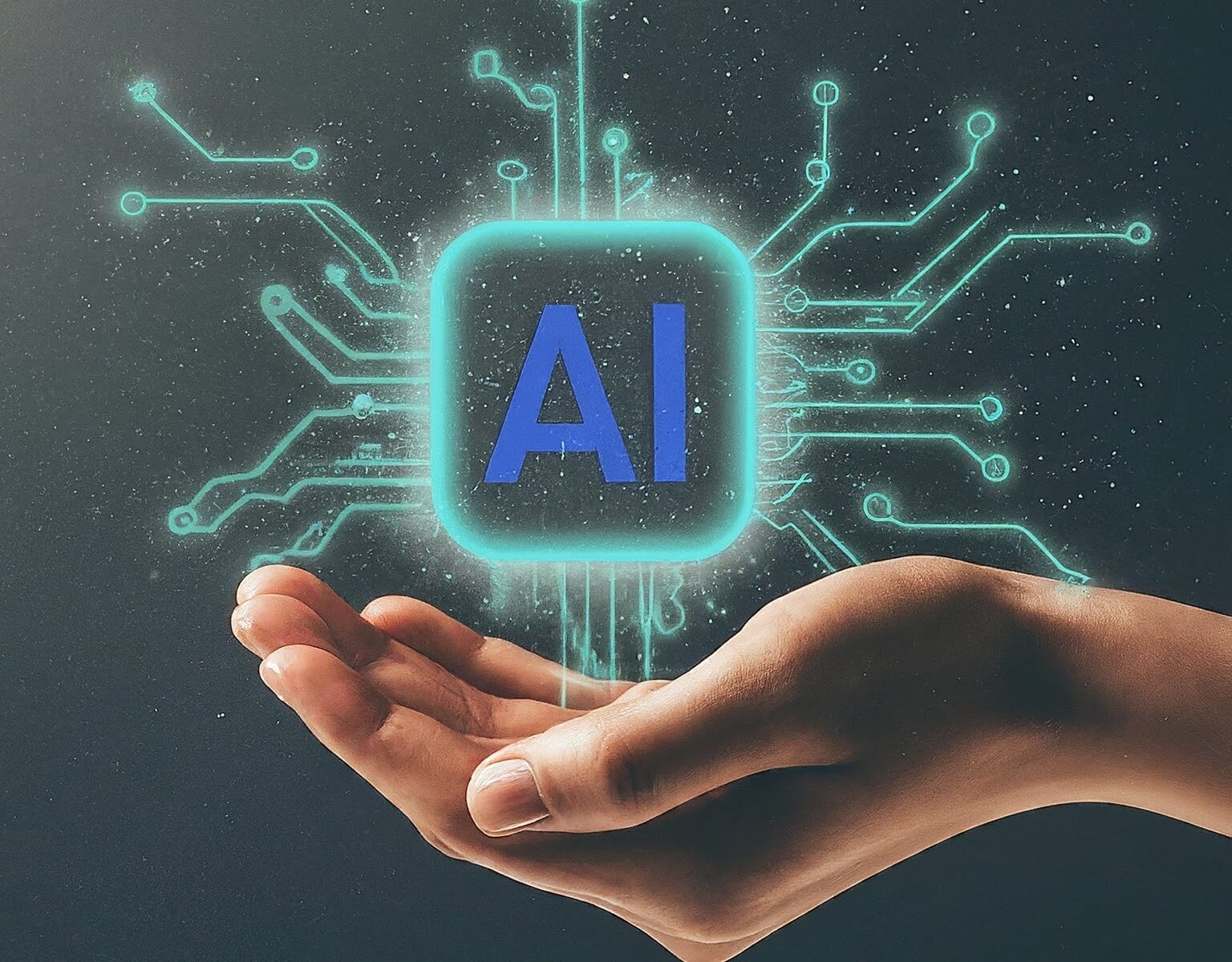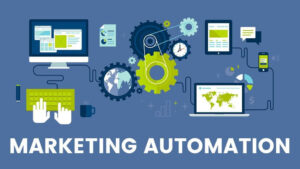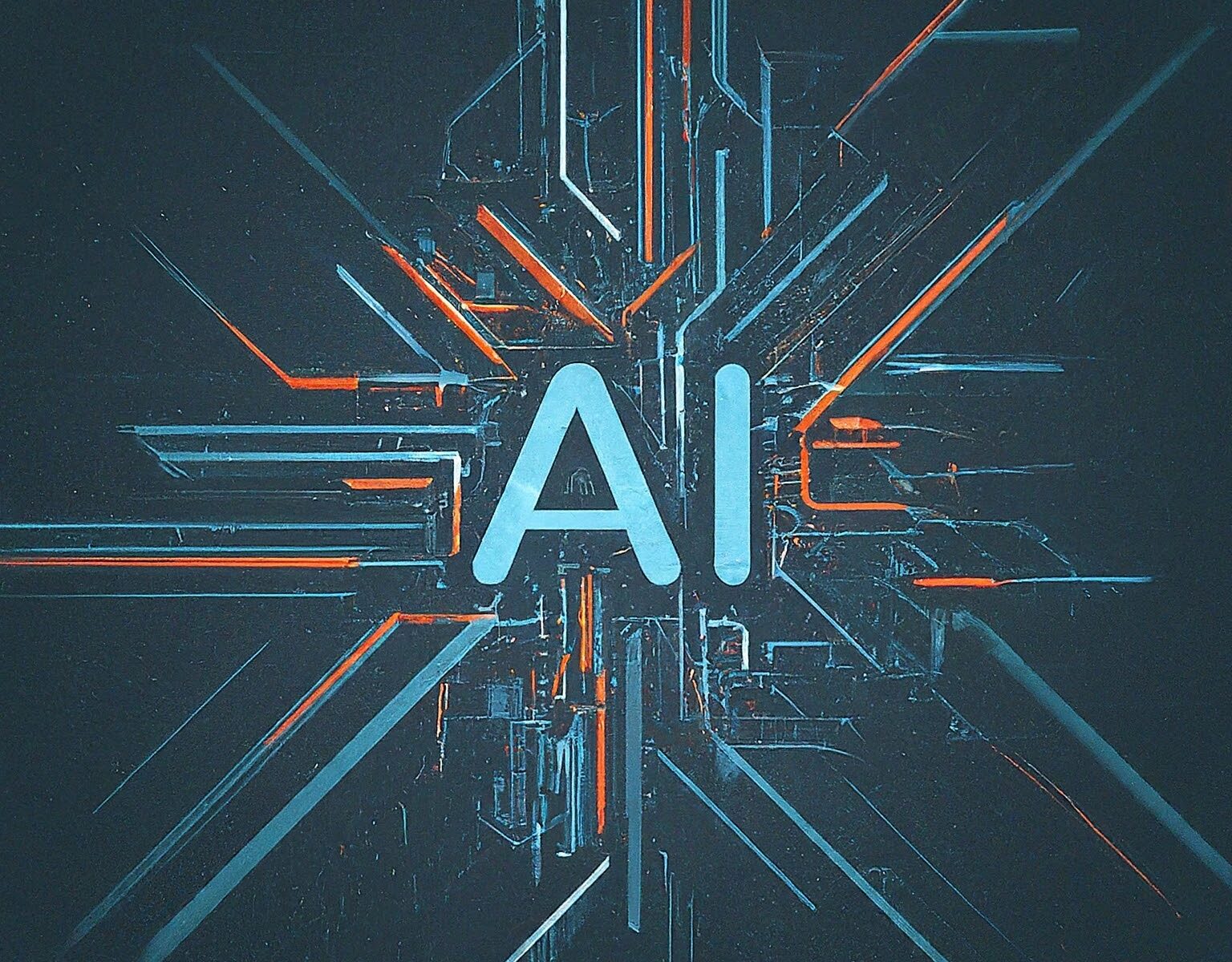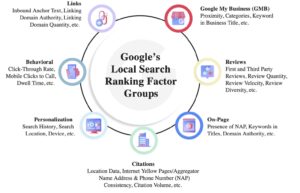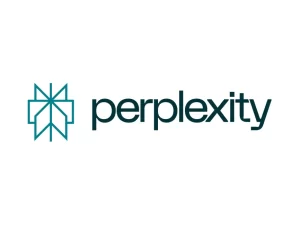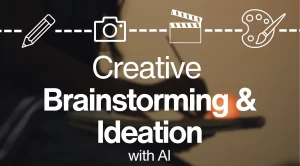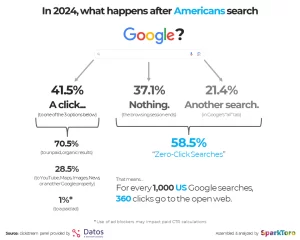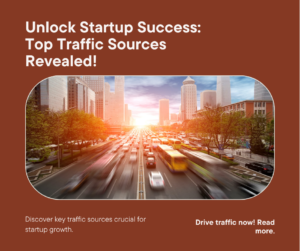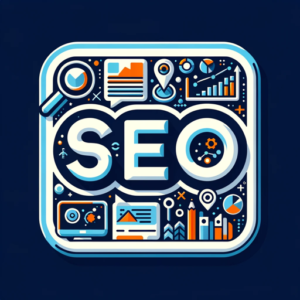Generative Engine Optimization (GEO): The Future of Search and How It Differs from SEO
As digital marketing continues to evolve, search is undergoing a radical transformation. Traditional Search Engine Optimization (SEO) has long been the foundation of online visibility, but a new frontier is emerging called Generative Engine Optimization (GEO). This shift is driven by AI-powered search experiences, where engines like Google’s Search Generative Experience (SGE) and ChatGPT redefine how users access information. For businesses looking to stay ahead, understanding GEO and how it differs from SEO is crucial.
What is Generative Engine Optimization (GEO)?
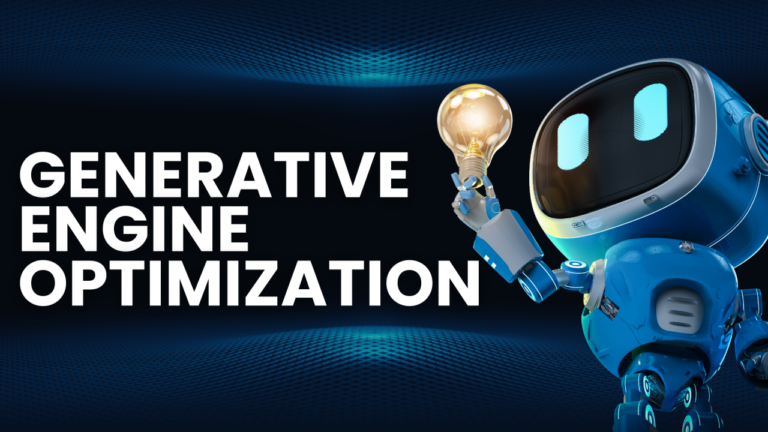
How GEO Differs from Traditional SEO
One major difference between GEO and traditional SEO lies in how search intent is handled. SEO focuses on optimizing for keywords and search intent to rank on Google’s SERPs, while GEO prioritizes content that AI models can use to generate accurate, in-depth responses.
The Impact of GEO on Digital Marketing
Is SEO Still Relevant?
Final Thoughts: Preparing for the Future of Search*
Recent Posts
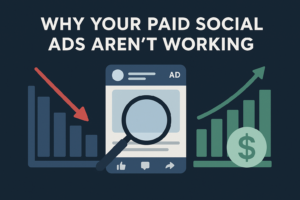
Paid Social Media ROAS
Why Your Paid Social Media Ads Aren’t Delivering ROAS—And How to Fix It You’ve invested in paid social media advertising. You’ve committed budget, time, and

Search Visibility
How to Improve Search Visibility and Drive More Organic Traffic For many businesses, low search visibility is a persistent challenge that directly impacts their ability
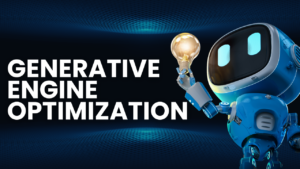
Generative Engine Optimization (GEO)
Generative Engine Optimization (GEO): The Future of Search and How It Differs from SEO As digital marketing continues to evolve, search is undergoing a radical

Best Practices for Building a Brand Presence on YouTube
Updated Best Practices for Building a Brand Presence on YouTube (2025) YouTube continues to be a dominant platform for video content, offering businesses unparalleled opportunities

Best Practices for Building a Brand Presence on Instagram
Best Practices for Building a Brand Presence on Instagram (2025) Instagram continues to dominate as a platform for visual storytelling, brand development, and audience engagement.
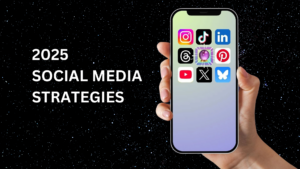
Social Media Strategies
10 Proven Social Media Strategies to Dominate in 2025 In the dynamic landscape of 2025, mastering social media requires a strategic approach tailored to evolving
